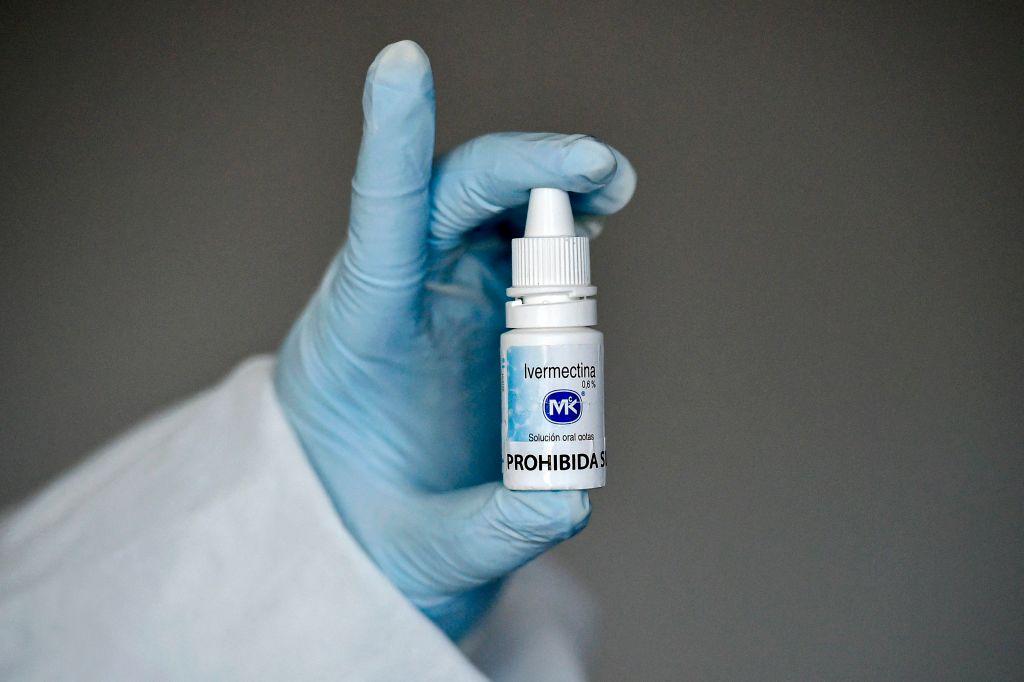On the second day of the National Citizen’s Inquiry’s (NCI) stop in British Columbia, a psychiatrist questioned the lack of emphasis governments and public health authorities placed on potential treatments for COVID-19, instead focusing on the creation and distribution of vaccines.
“I have absolutely no idea why our government and our public health people did not pursue a treatment research regime while they were attempting to do vaccines. It makes no sense at all,” said Dr. Greg Passey, who specializes in treating first responders who suffer from post-traumatic stress disorder.





